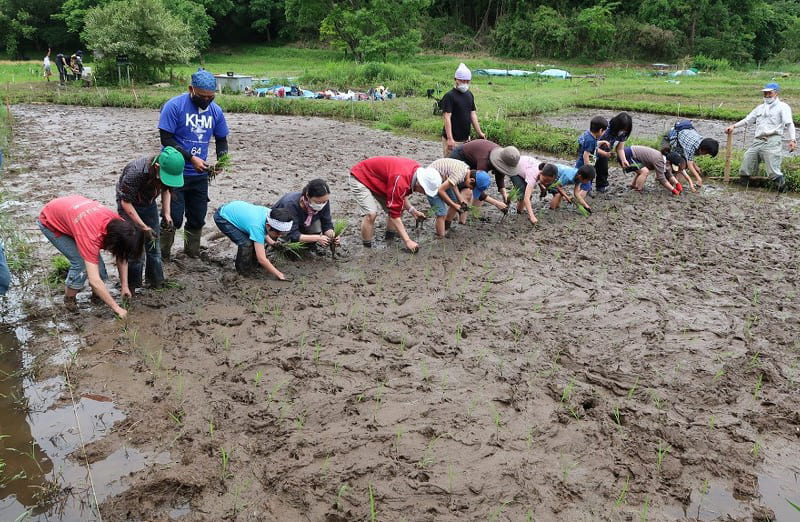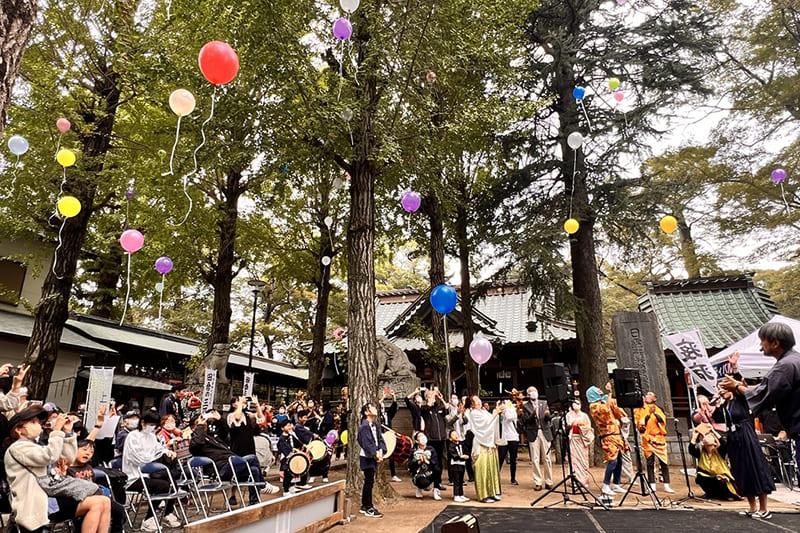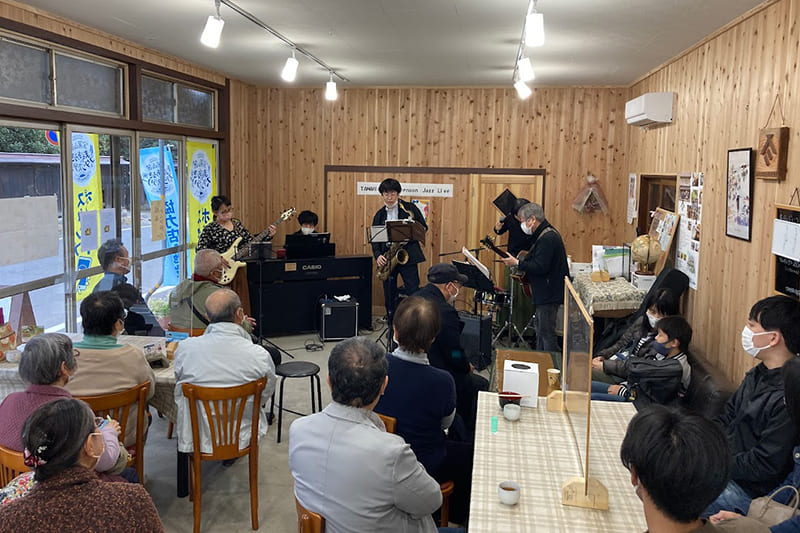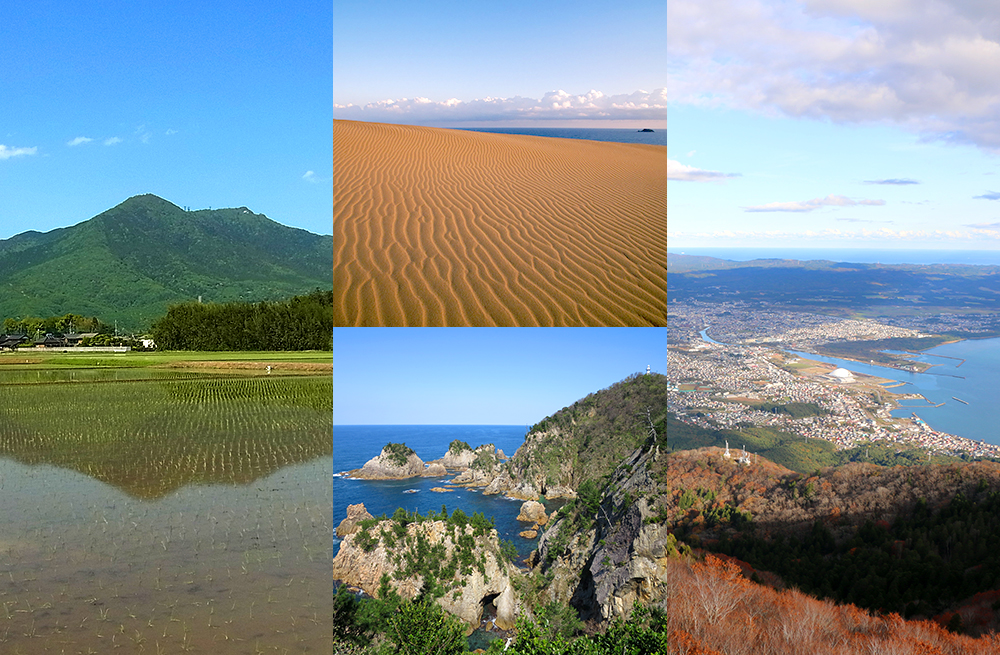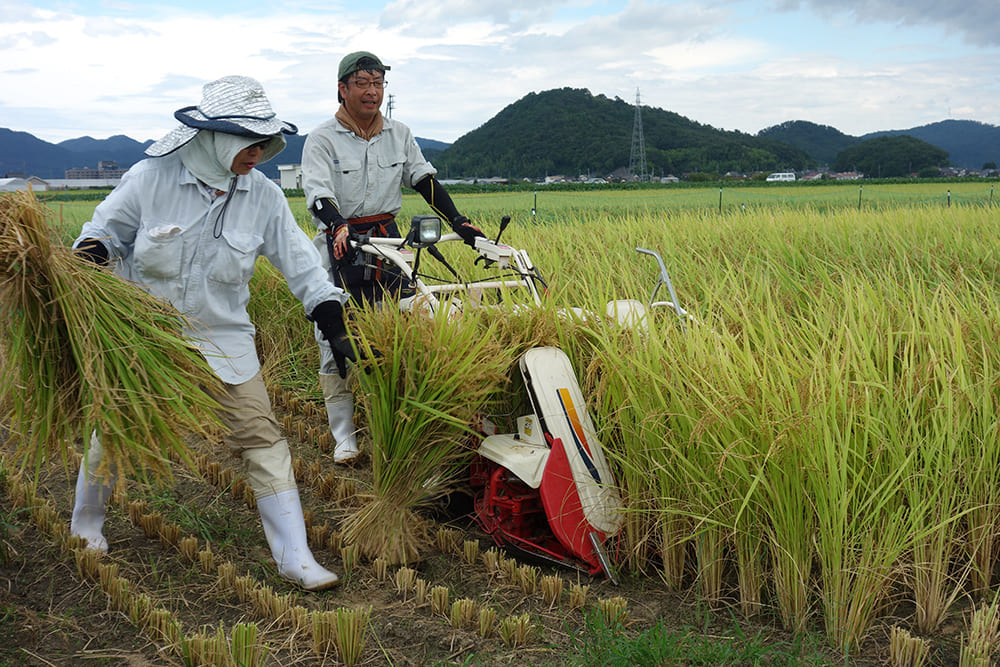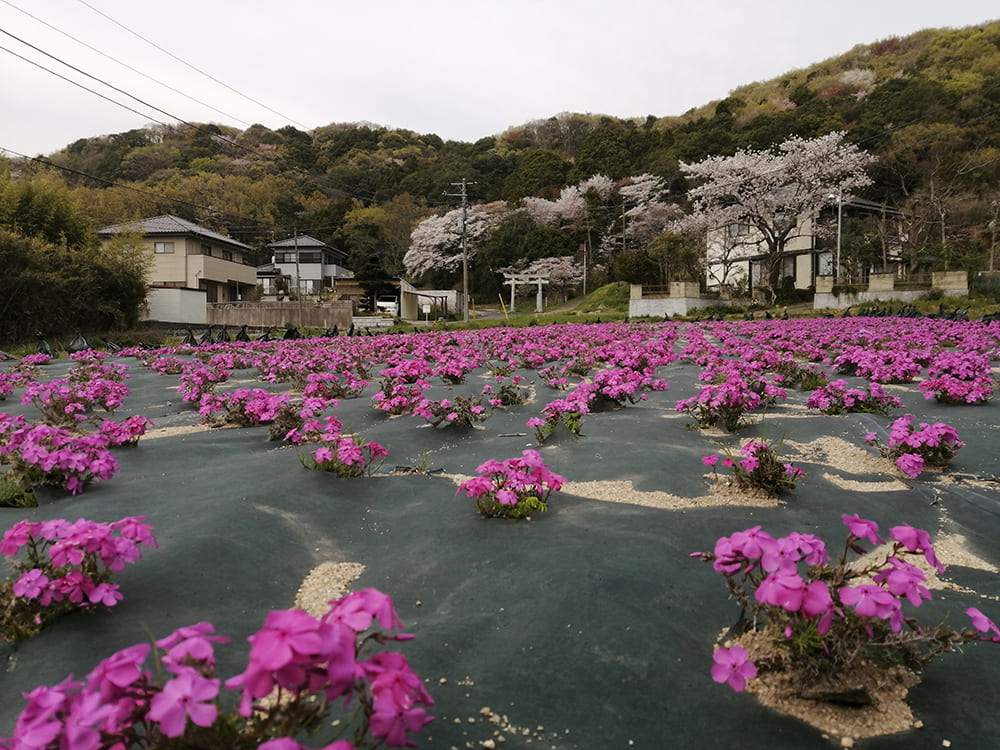March 23, 2020
Ibaraki group offers cultural workshops
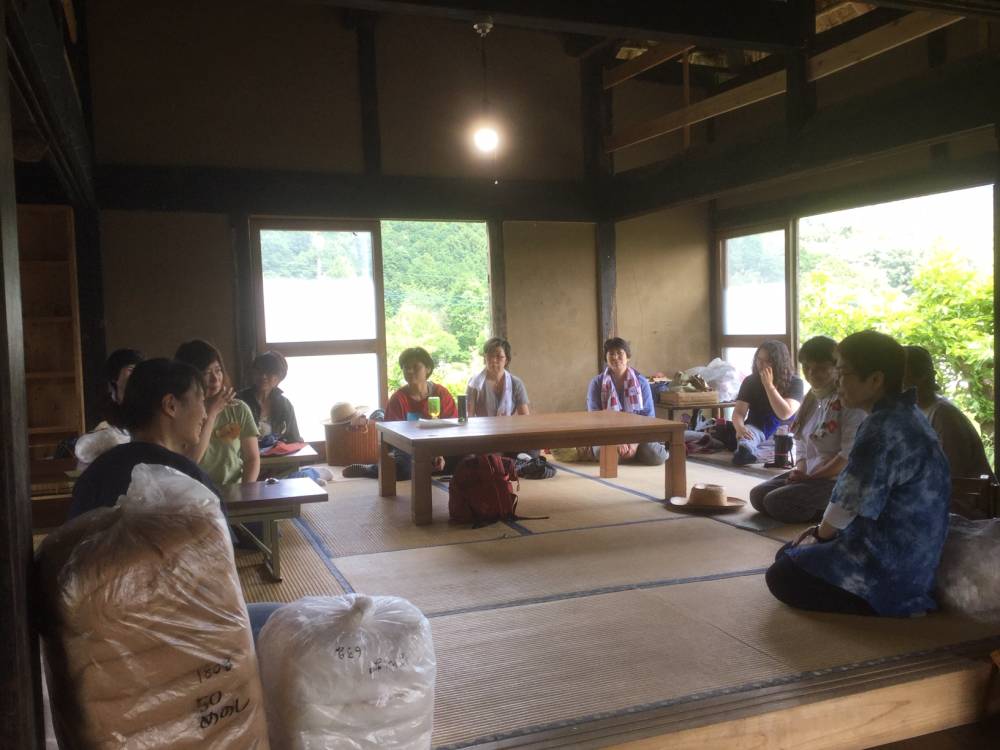
Spinning cotton, crafting traditional decorations and cooking hand-picked edible grass are just a few of the activities organized by the Tsukuba Green Tourism Association, a collection of some 15 local organizations and individual members in the city of Tsukuba, Ibaraki Prefecture.
The association, which started as a small group in 2011, has grown and played a role of promoting local specialties and culture among city residents and visitors.
“The unique thing about this organization is that it has been run 100 percent by the private sector without relying on the local government since its launch,” said Satoshi Enokida who serves as chairman of the association.
The association was preceded by a group of several locals and newer residents who started publishing Susomiroku, a local newsletter, to share information on the region and its activities 16 years ago.
The first newsletter was published soon after the inauguration of the Tsukuba Express, a railway line that connects Akihabara Station in Tokyo and Tsukuba Station.
“It is notable that two individuals who have been leading the group from the beginning had moved in from other regions. They found charms in our hometown that they decided to promote and preserve,” Enokida said.
Association members range from 30 to over 60 years of age. They also include people who returned to the area after having worked and lived elsewhere, like Enokida himself.
In order to provide not only information on the locality but also provide a base where events can take place and people can gather, the association relocated a traditional thatched roof house to land owned by one of the vice chairmen. “It has a traditional-style furnace and tatami floor. Visitors can enjoy the pastoral atmosphere of old times,” Enokida said.
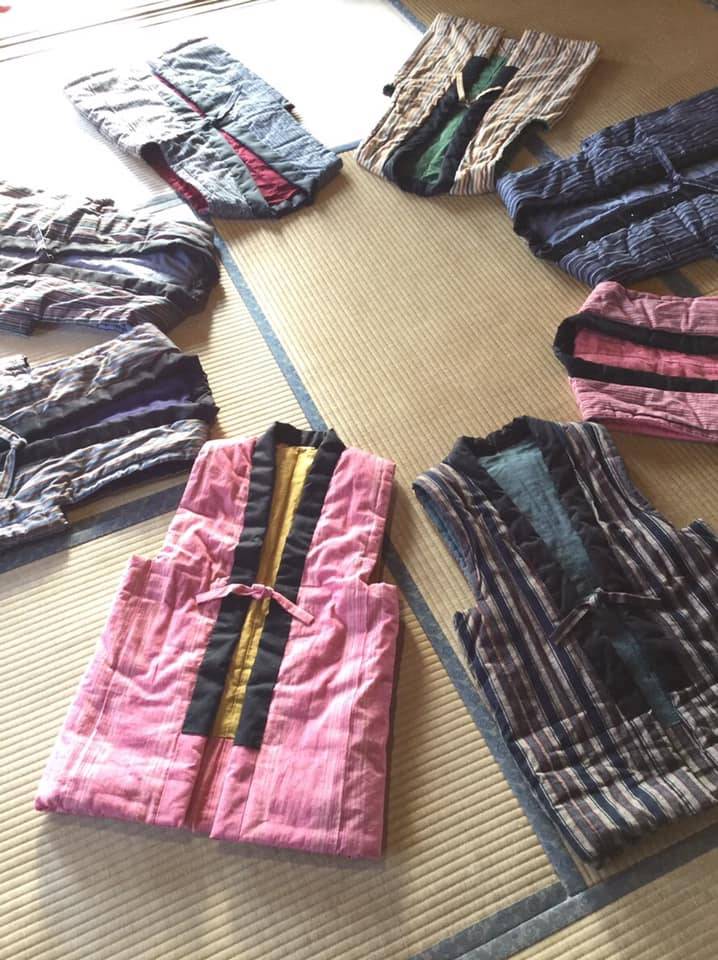
Tsukuba Sanroku Wata-bu (Cotton group at the foot of Mount Tsukuba) is one group that holds activities in the thatched roof house. It offers a series of workshops on spinning, dyeing, weaving and needlework using cotton grown by the group.
Another workshop involves making shimenawa , a New Year’s decoration made of straw rope and other ornaments, and is held at the end of every year. The rope is also locally produced; a specific rice field in the area is allocated to growing the rice to be turned into straw for the ornaments.
The rice is planted at the same time as seedlings in other fields, but is cut before the ears of rice start to form and is harvested, dried and prepared in time for the workshop.
The association also organized a disaster preparedness event last October using the thatched roof house and the surrounding area, teaching locals useful skills such as ropework, how to make sandbags and cook outdoors.
The area experienced a massive mudslide in the past, which caused extensive damage.
“Unlike urban areas where shortage of supplies and having lifelines cut off is often the most worrisome aftermath of a disaster, here we have water and firewood,” he said. “But we have other things to protect ourselves from. That is why we planned a drill tailored for the people in this neighborhood.”
The association also acts as a platform for collaborating and creating unique events. The event it is planning next will have participants forage on the mountain for edible wild grass and make tempura. It plans to invite a dietary education professional to lead the cooking portion of the event.
“Bee’s Knees Vineyards, a local winery that is also a member of our association, will be serving its wine at the event, so the participants can enjoy tempura with wine,” Enokida said.
Despite the challenges current affairs present, the association is committed to staying true to its core principles of flexibility and warmth in its activities. “Of course under the current circumstances with the COVID-19 virus, we do not yet know if the event can be carried out as planned. But even if we have to downsize it or make it an internal event without accepting participants from outside, I hope it will be able to entertain at least ourselves,” Enokida said.

